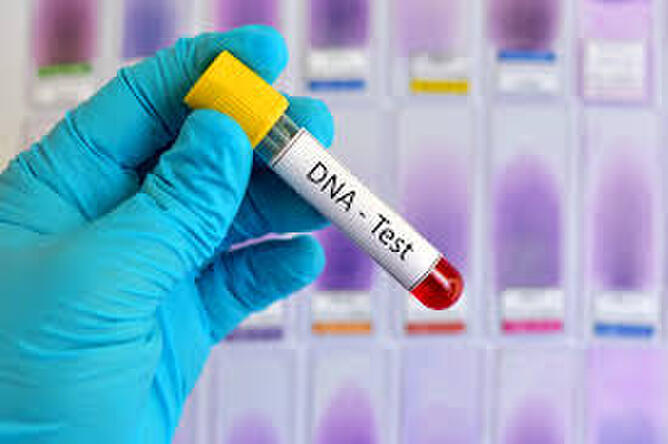In late 2018, as a business we had our first experience of how insurers are using DNA testing to make their insurance underwriting decision. The client is a delightful young professional woman, a daughter of one of our clients, who had previously been insured on a childs trauma policy on her parents insurance. As she is now an adult, we were applying for trauma insurance for her, so that she could have security if anything happened to her.
We had no idea of the impact of her doctor recommending that when she turned 30 that she had BRCA DNA testing, because of cancer in her (not immediate) family. The insurer (and all the other insurers that we checked with), refused to insure her for Cancer until she had the test. She isn't due to have the test for another 8 years or so, and the tests are not reliable before then, so the decision has been made for now for her to have no trauma insurance cover. As a business, we have learned from this and will make sure that trauma insurance cover on children is converted to adult cover before it expires - if that option is available on the policy.
If you have children who are aged 17 or 18 with trauma insurance in place on your policy - let your adviser know, and we will do the conversion when we next meet with you.
The cost effective availability of genetic testing raises ethical issues about whether insurers should be entitled to ask about genetic testing, and to use the results in setting their premium and establishing their level of cover.
So what are the issues involved with DNA testing in relation to getting insurance cover now and looking into the future?
This article in the New Zealand Herald (we don't agree with the recent report on the bulk of insurance companies that we deal with that starts the article, but the rest of it is well worth reading) raises some really important points.
In particular - we found these points fascinating:
- 10 European countries have already legislated to forbid insurers from using genetic information when setting premiums or from asking consumers to take a test.
- The US has a federal Act which prevents health insurers from using genetic information in decisions about eligibility, coverage or premium rates.
- Canadian legislation prohibits insurers from requesting that a person undergo a genetic test or from requiring disclosure of previous or future genetic test results.
Other articles that relate to this topic, that are interesting include:
Insurers face the genetic test - Rob Stock
Cigna's new Cancer Cover insurance policy turned heads for its genetic testing clause.
It stipulates it won't pay claims for breast cancer if anyone has tested positive for a certain genetic mutation before taking the policy out.
That's the genetic mutation which led Angelina Jolie to have a double mastectomy, and which has led to a worldwide spike in women getting themselves tested.
The Cigna policy is believed to be the first to explicitly rule out cover as a result of a specific genetic test.
How your genes affect your insurance
Insurers don’t ask people to take gene tests, but people can get them voluntarily through companies such as Easy DNA, which has an office in Auckland.
Such direct-to-consumer services ask for a saliva swab and offer a range of results claiming to reveal the risk of dozens of diseases, as well as such information as whether someone is likely to be a night owl, respond to exercise, or be obese.
Diseases purported to be probed by DNA tests include several types of cancer, Alzheimer’s, osteoporosis and several auto-immune diseases.


